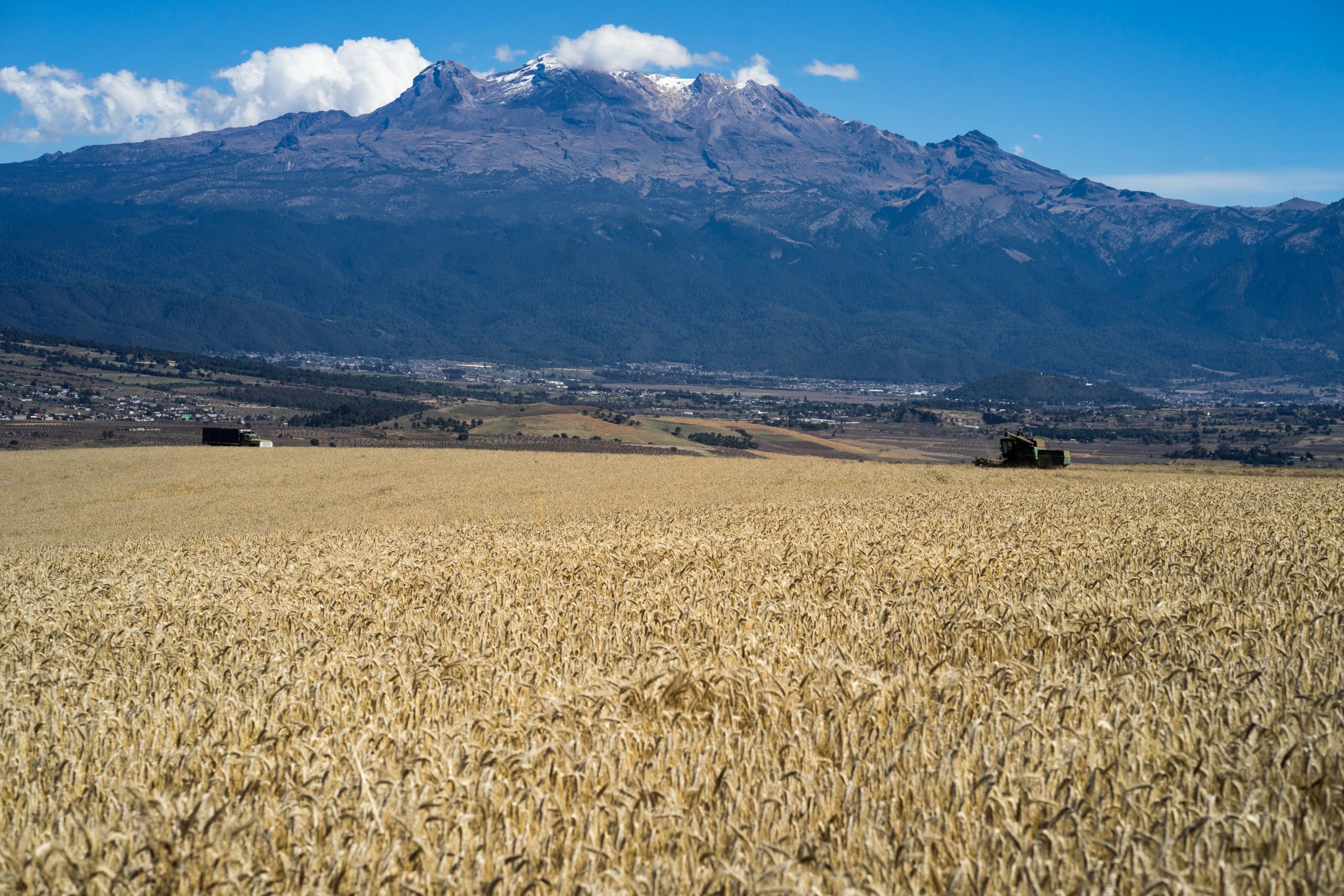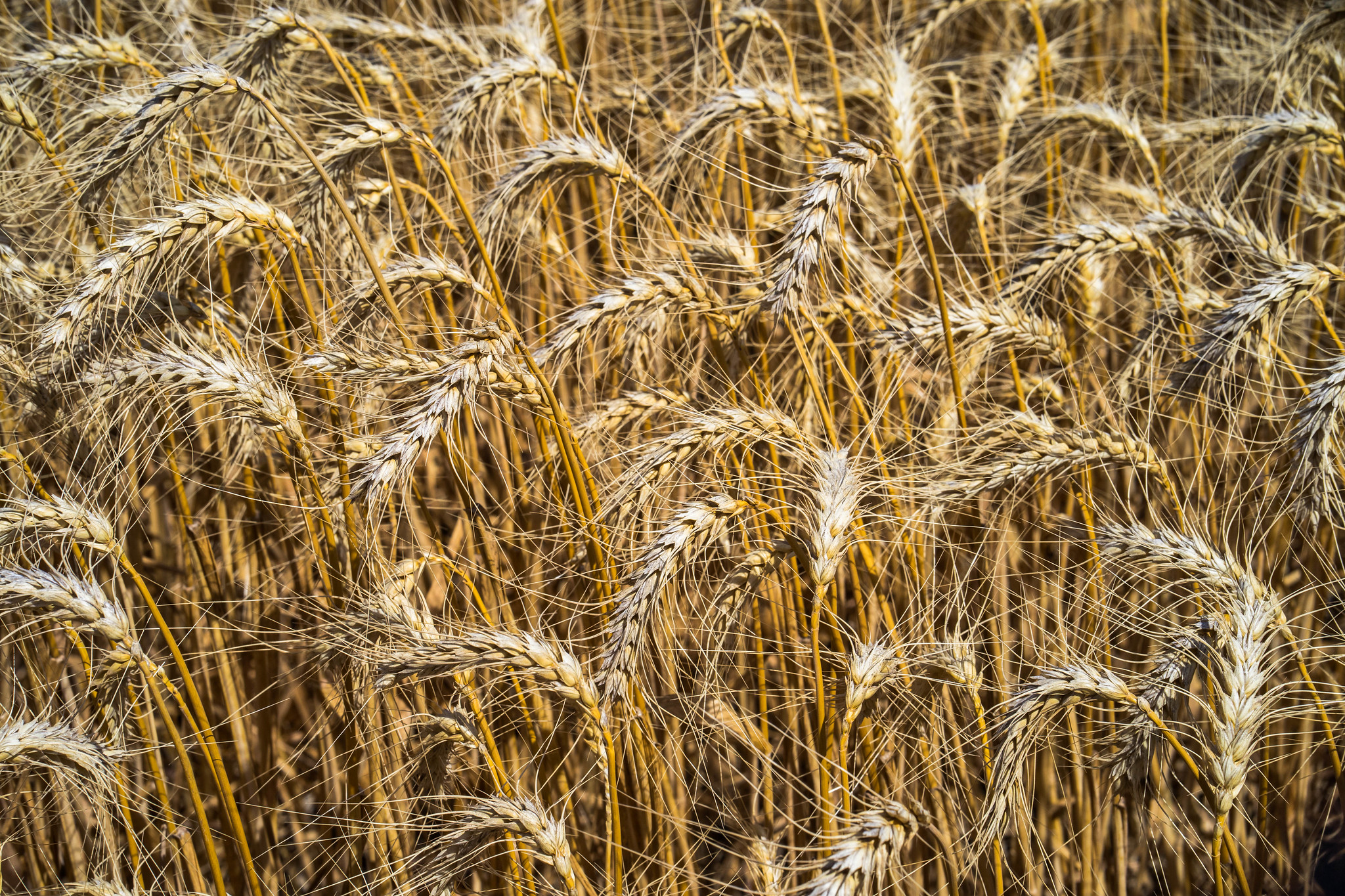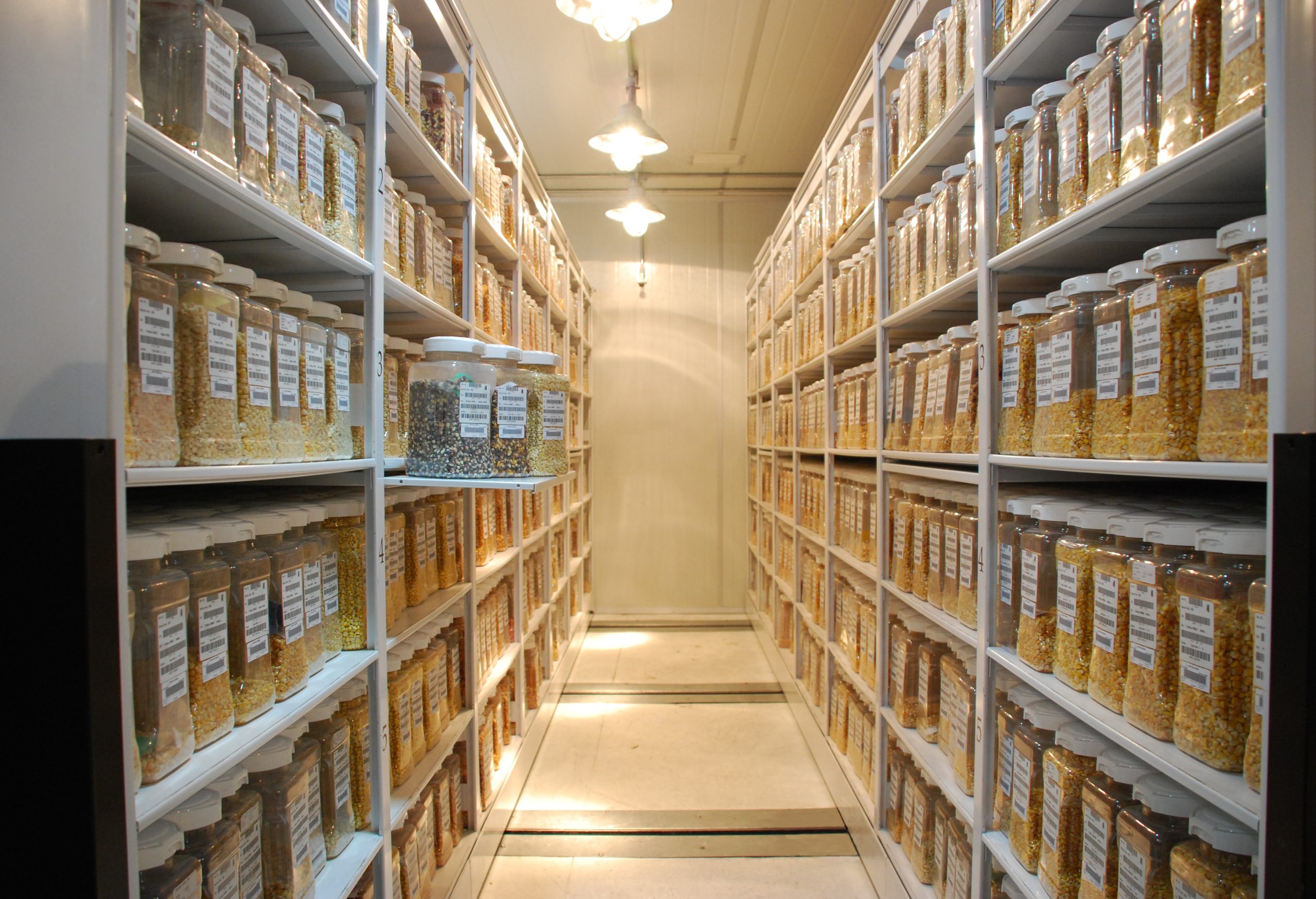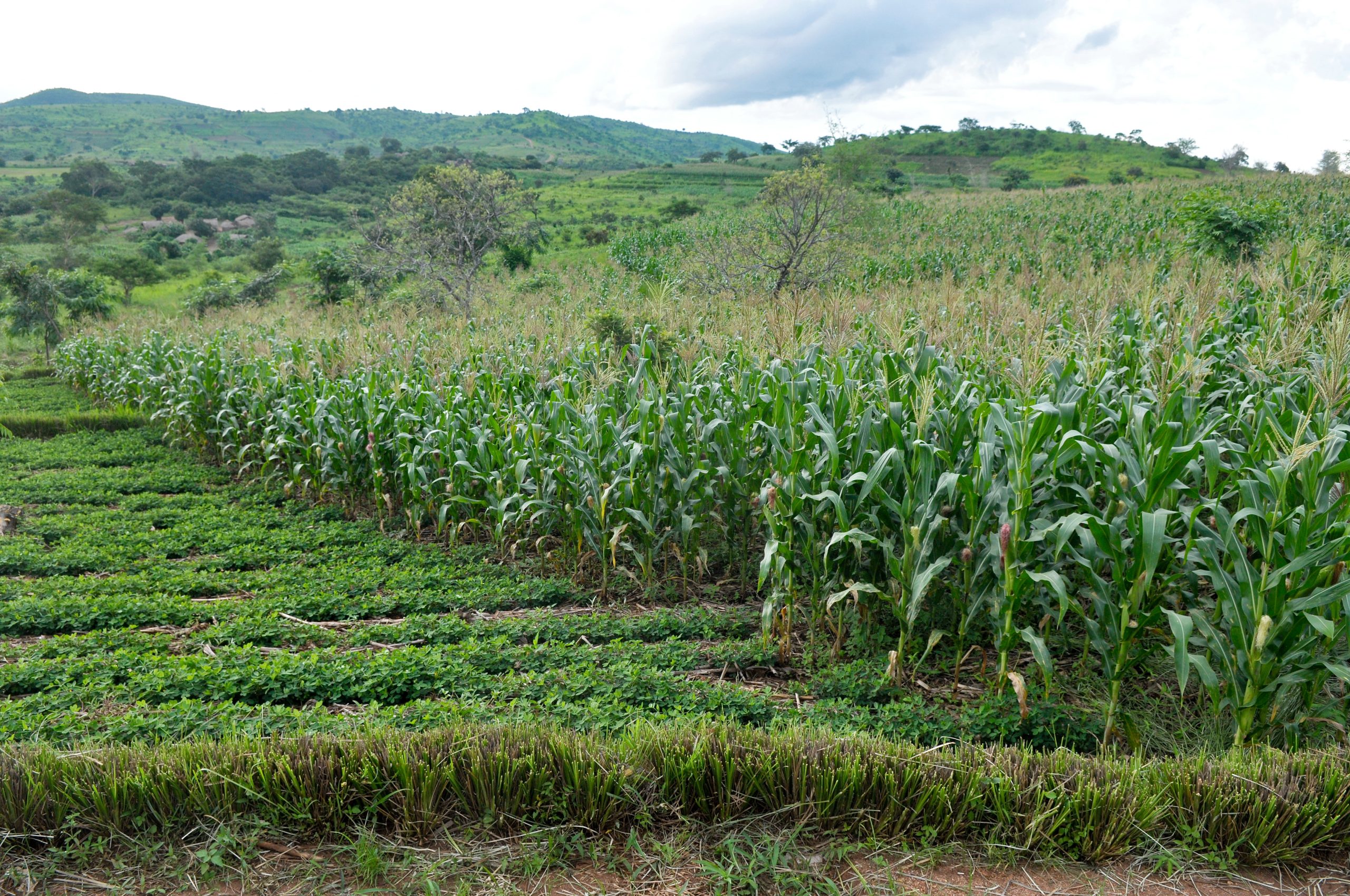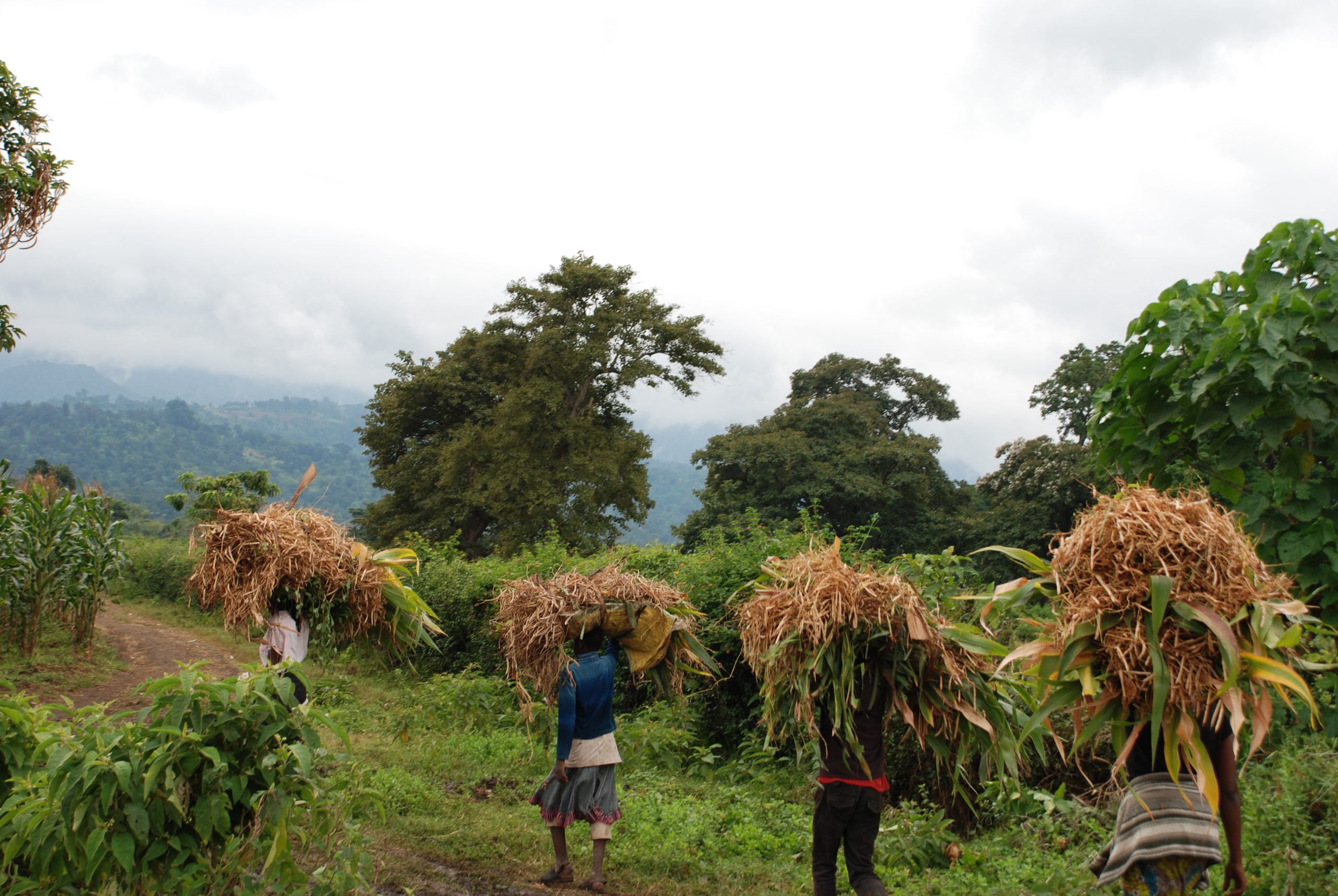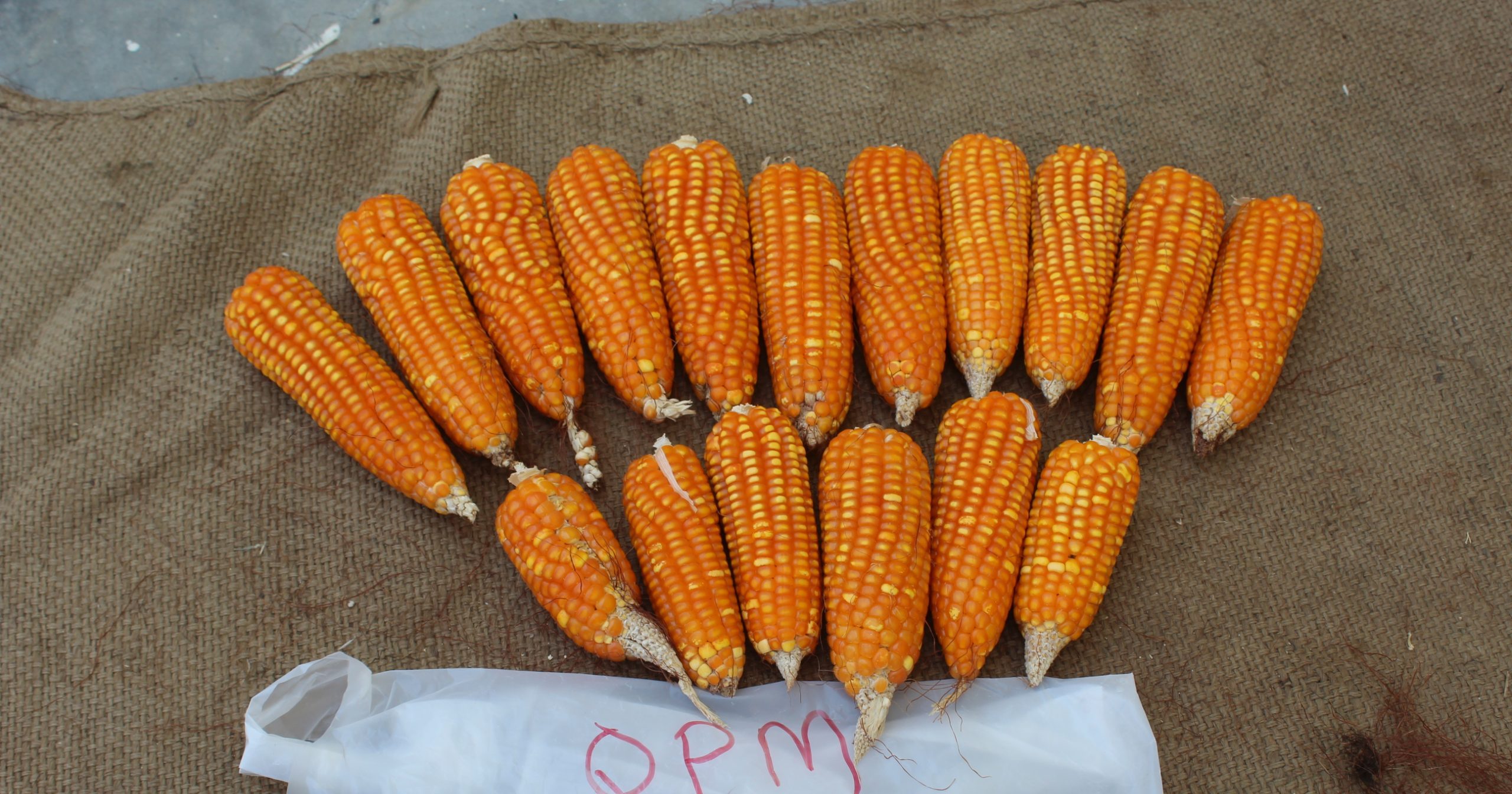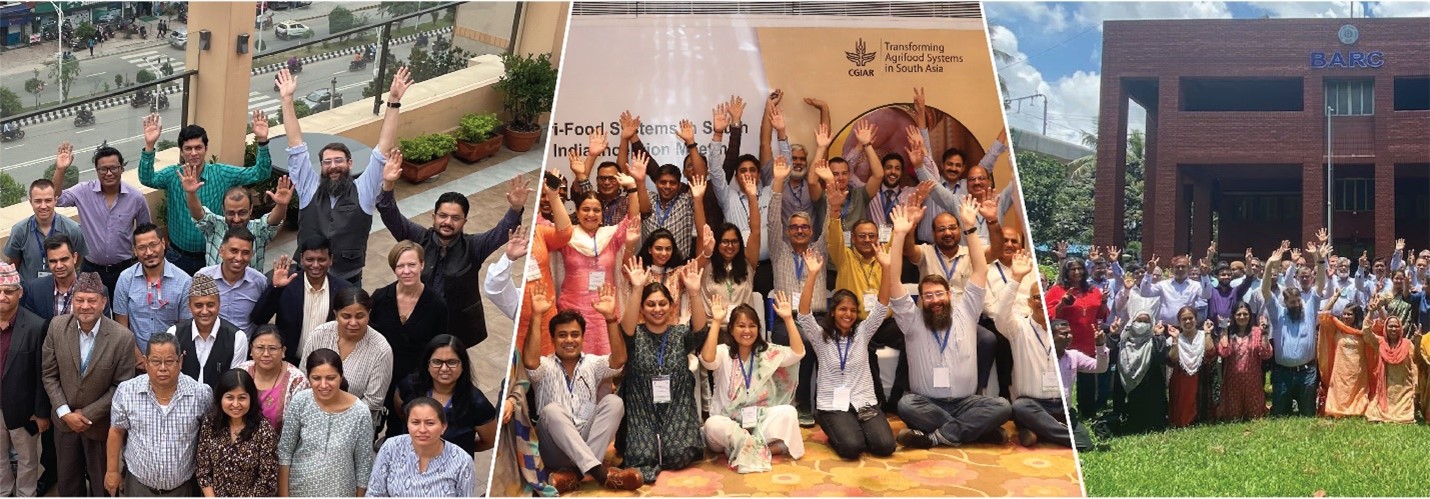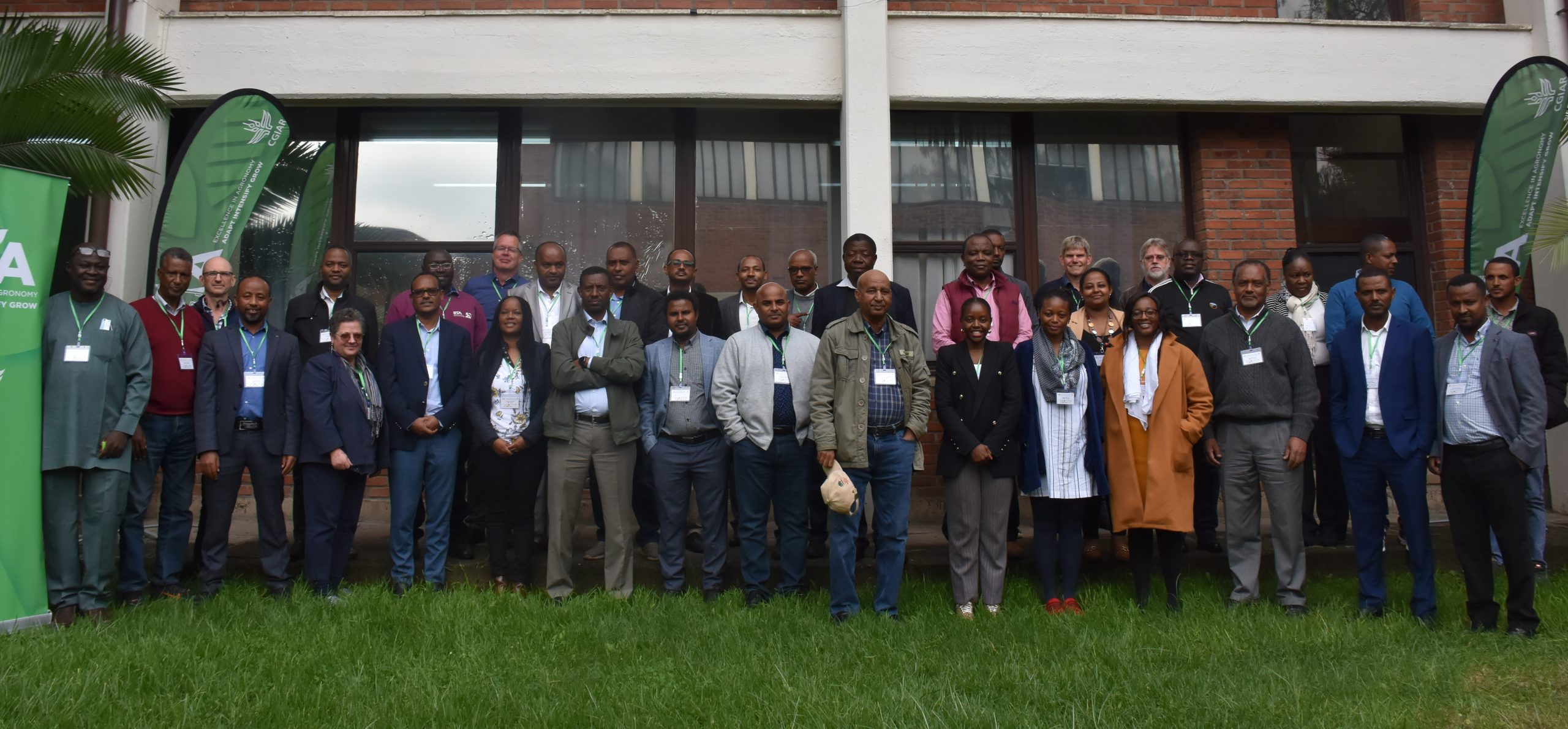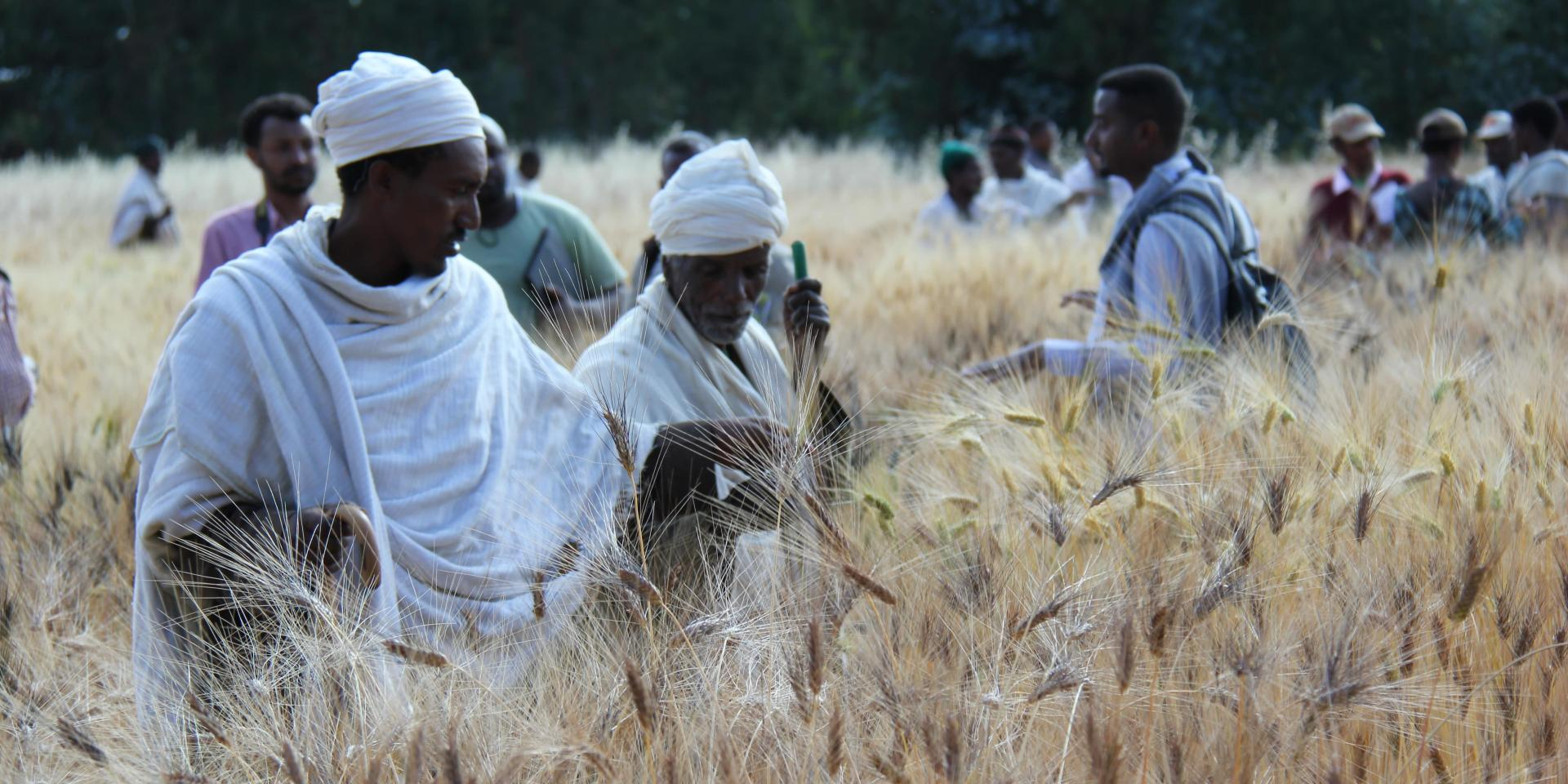Climate change adaptation for nutrition
LIPS-Zim empowers smallholder farmers
 Climate adaptation and mitigation
Climate adaptation and mitigation
Source: NewsDay (7 Sep 2023)
CIMMYT in partnership with various research institutions, seeks to increase livestock production and productivity by farmers through the Livestock Production Systems in Zimbabwe (LIPS-Zim) project.
Agroecology alliance calls for more food at less cost to nature in Congo Basin
 Climate adaptation and mitigation
Climate adaptation and mitigation
Source: Mongabay (28 Aug 2023)
CIMMYT research, Prasanna Boddupalli, emphasise the importance of reorienting food production systems and agricultural policy across the Congo Basin.
El Niño event declared: Impacts on the Limpopo river basin in Southern Africa expected
 Climate adaptation and mitigation
Climate adaptation and mitigation
Source: Top African News ()
The International Water Management Institute (IWMI) and CIMMYT emphasize the need for continued research and efforts to understand the variation in El Niño impacts on maize yields in southern Africa.
Regional Integrated Food Security Intiatives Respond to El Niño
 Climate adaptation and mitigation
Climate adaptation and mitigation
Source: Mexico Business News (1 Aug 2023)
El Niño is here. In a recent op-ed, Bram Govaerts, CIMMYT director general, lays out action steps to mitigate El Niño’s effects on the agrifood systems that sustain livelihoods in the Global South.
Unveiling the Nexus between Agrifood Systems and Climate Change: Harvesting insights from latest IPCC report
 Climate adaptation and mitigation
Climate adaptation and mitigation
Facilitating collaborations and partnerships to advance research and development efforts to advance food security and mitigate climate change.
Wheat output in Africa and South Asia will suffer severely from climate change by 2050, modelling study shows
 Climate adaptation and mitigation
Climate adaptation and mitigation
Crop simulation models predict that climate change will lower global wheat production by 2050 in Africa and South Asia, where food security is already threatened.
Crop Trust leadership visits CIMMYT
 Environmental health and biodiversity
Environmental health and biodiversity
Securing biological diversity is a key mission for both organizations.
Global experts unite to strengthen plant health management in the Global South
 Environmental health and biodiversity
Environmental health and biodiversity
Source: Smart Farmer Africa (16 May 2023)
Plant health experts met on May 12, International Day of Plant Health, to discuss and address the challenges facing plant health management capacity in the Global South.
Startups, nonprofits race to unlock Africa’s agricultural potential as millions face food crisis and droughts
 Nutrition, health and food security
Nutrition, health and food security
Source: The Nairobi Law Monthly (9 May 2023)
Civil society actors are stepping up to strengthen Africa’s potential to prevent greater food insecurity and regional instability caused by climate impacts.
How to address the food insecurity driving forced migration
 Climate adaptation and mitigation
Climate adaptation and mitigation
Source: Mexico Business News (9 May 2023)
Bram Govaerts, CIMMYT Director General, addresses the root causes of forced migrations with five adaptation measures that public and private actors can adopt to strengthen agri-food systems and protect vulnerable regions from climate shocks.
A renewed CGIAR can better support South Asia to determine its food future
 Climate adaptation and mitigation
Climate adaptation and mitigation
Source: Mongabay (13 Dec 2022)
Temina Lalani-Shariff, Regional Director of South Asia at CGIAR, explains CGIAR is evolving so that it can continue to be the scientific partner of choice for national research institutes and governments.
Quality protein maize: a road ahead
 Nutrition, health and food security
Nutrition, health and food security
To alleviate malnutrition associated with essential amino acids, QPM development and deployment should be further proliferated to reach a large number of consumers.
Integrated initiative launches in Nepal, India and Bangladesh
 Climate adaptation and mitigation
Climate adaptation and mitigation
Collaborative project between CGIAR research centers aiming to improve food security in South Asia launches in three countries.
Excellence in Agronomy Initiative commences in Africa
 Climate adaptation and mitigation
Climate adaptation and mitigation
CGIAR research centers are combining expertise and resource to increase farmers’ yields in a sustainable way and build risk resilience against climate change.
CRAFT tool helps Ethiopian experts predict crop yields to improve early warning decisions
 Innovations
Innovations
CIMMYT trains Ethiopian national partners in crop monitoring and yield forecasting as part of AICCRA’s effort to improve climate information services.




